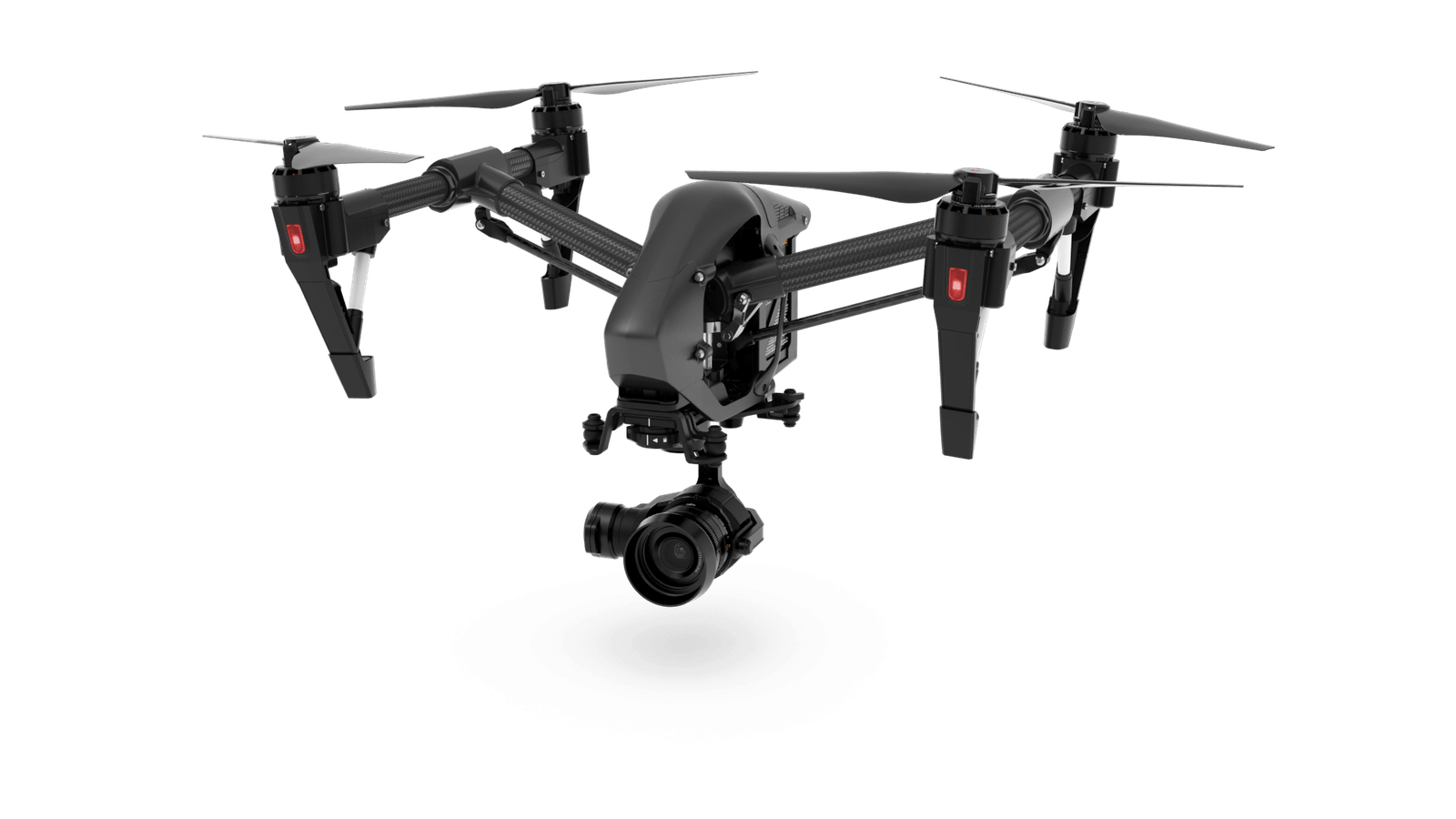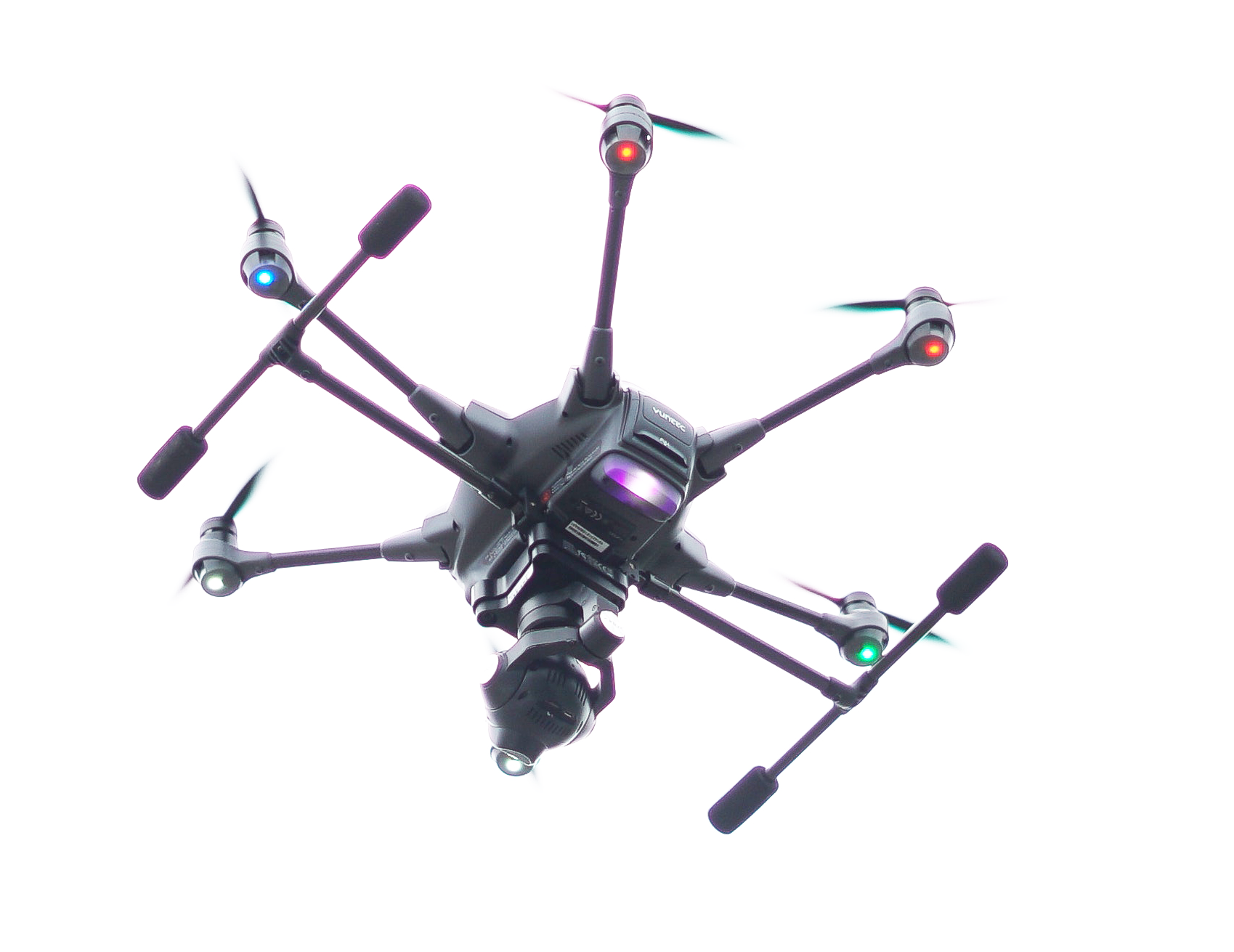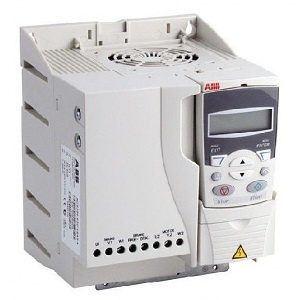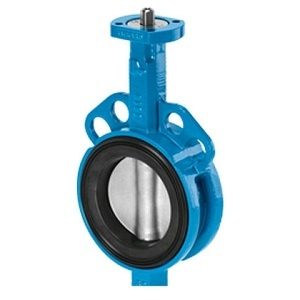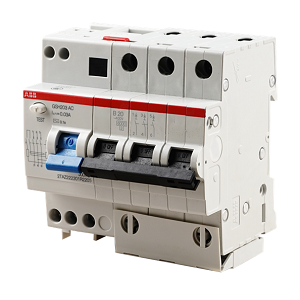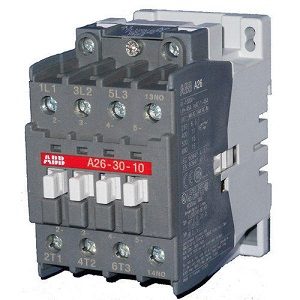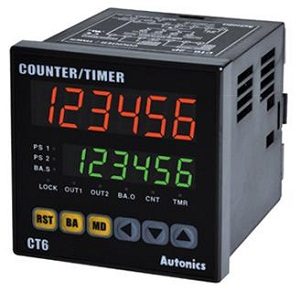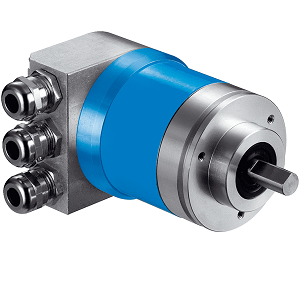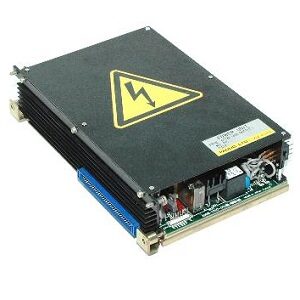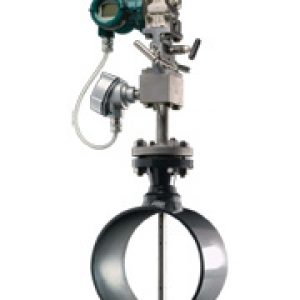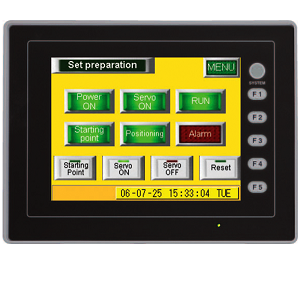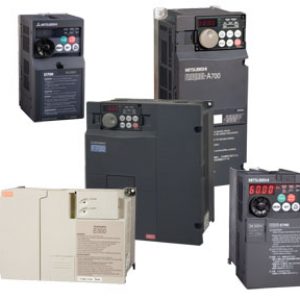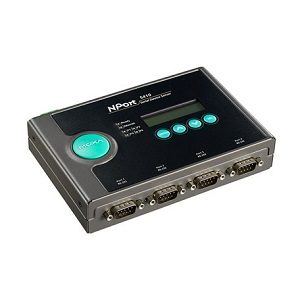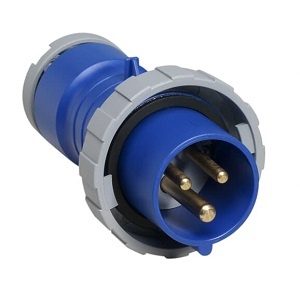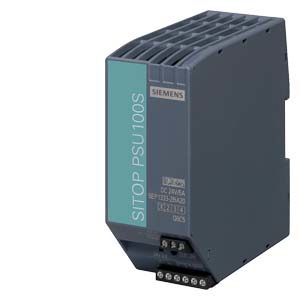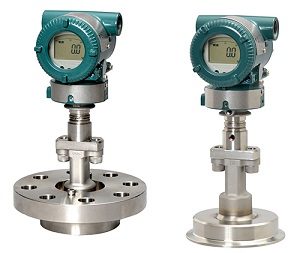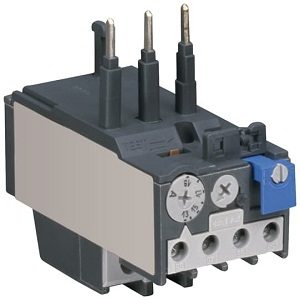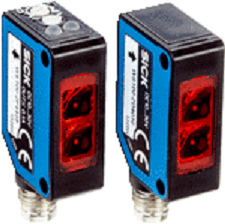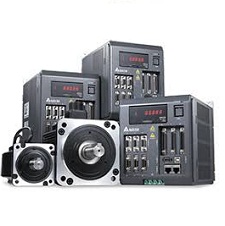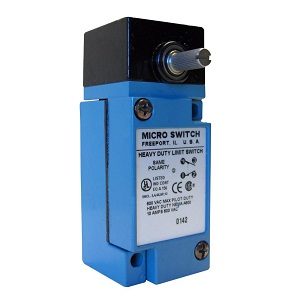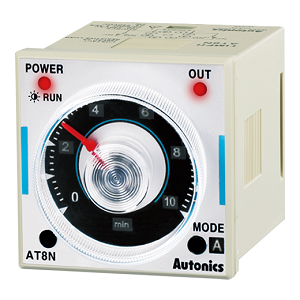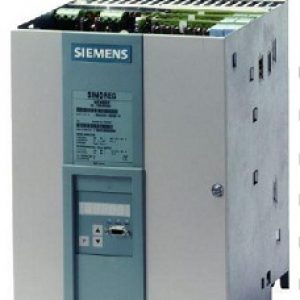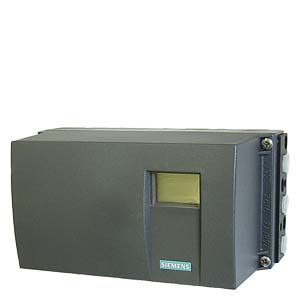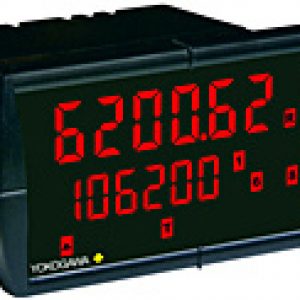Automation in the pharmaceutical industry involves the use of advanced technologies and systems to automate various processes, tasks, and
Key Automation Solutions in Pharmaceuticals
1. Laboratory Automation
Laboratory automation involves automating laboratory-related tasks such as sample preparation, testing, and analysis. These tasks are achieved through robotic systems, liquid handling platforms, and other automated instrumentation. Laboratory automation also supports high-throughput screening and data collection and analysis. The use of laboratory automation increases the speed at which data is generated.
2. Manufacturing Automation
Manufacturing automation involves streamlining medicine production from tissue to the final product. Manufacturing automation is accomplished through the automation solution that fast-tracks process controls, robots, let-vision, optimizing the processes, improving quality, and reducing variation. The automation machine increases consistency and scalability and ensures there is compliance with good manufacturing practices.
3. Packaging Automation
Packaging automation consists of automating the package of pharmaceutical medicines to improve efficiency, accuracy, and compliance with forming and labeling standards. The automation staffing involves the use of different techniques such as automation packaging machine and other labeling systems and serialization. Automation ensures the right products are put together, dubbed, and disposed of within its supply chain hence reducing the amount to recall, dispensation, and omission.
4. Supply Chain Automation
Supply chain automation includes optimizing medicines storage transportation and disposal in the market up the chain up to the user. Supply chain automation is done through the use of warehouse and other RFID tracking, and inventory management solution. Supply chain automation involves the use of automation solutions that ensure that the market has enough amount of medicines at the right time ensuring that the drug is available..
Benefits of Automation in Pharmaceuticals
1. Enhanced Efficiency
Automation solutions improve efficiency by reducing manual labor, minimizing errors, and optimizing workflow in pharmaceutical operations. By automating repetitive tasks, companies can accelerate processes, increase throughput, and achieve higher productivity levels, leading to cost savings and competitive advantage.
2. Improved Quality and Compliance
Automation guarantees continuity, precision, and adherence to pharmaceutical manufacturing and testing regulatory requirements. By streamlining processing and removing human error, automated systems increase the quality, dependability, and protection of goods, reducing the risk of defects, discrepancies, and non-compliance occurrences.
3. Cost Reduction
Automation assists pharmaceutical companies in lowering personnel, waste, and rework expenses. Automation solutions allow businesses to save money by automating their operations, decreasing variation, and maximizing resources use to scale and enhance profitability.
4. Accelerated Innovation
Automation promotes process innovation through speed, effectiveness, and automation of drug discovery, creation, and production. Automation allows for the automation of repetitive activities and data analysis, freeing up time for greater knowledgeable endeavors like experimentation and study to bring new pharmaceutical products to market more quickly in this manner.
Future Trends in Pharmaceutical Automation
As technology continues to evolve, several trends are shaping the future of automation in the pharmaceutical industry:
Advanced Robotics:
Robotics will play an important part in pharmaceutical automation, allowing for more intelligent applications such as personalized medicine and on-demand delivery pilates.
Digitalization and Data Analytics:
Digitalization will enable greater intelligence and insights in the pharmaceutical field through data and analytics. Predictive maintenance, real-time measurements, and process and performance optimization are just a few methods automation will get cleverer and more insightful.
Regulatory Compliance:
Continued progression in response to changing norms and regulations Automation solutions in the pharmaceutical field will evolve, promote adherence to quality, security, and traceability norms.
Automation solutions are transforming the pharmaceutical industry, offering unprecedented opportunities to enhance efficiency, quality, and compliance across the entire value chain. By embracing technologies such as laboratory automation, manufacturing automation, packaging automation, and supply chain automation, pharmaceutical companies can optimize their operations, accelerate innovation, and deliver safer, more effective drugs to patients worldwide.
Pharmaceutical automation is not just a technological advancement; it’s a strategic imperative for companies looking to thrive in an increasingly complex and competitive marketplace. By investing in automation solutions, pharmaceutical companies can drive operational excellence, improve patient outcomes, and shape the future of healthcare.
workflows. These technologies encompass a wide range of applications, including laboratory automation, manufacturing automation, packaging automation, and supply chain automation. By replacing manual tasks with automated systems, pharmaceutical companies can achieve higher levels of efficiency, accuracy, and reproducibility while reducing costs and minimizing risks.

